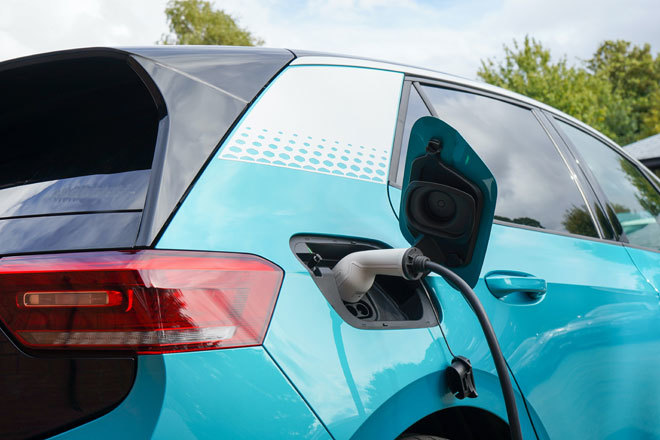
How Long Do Electric Car Batteries Last?
As the world embraces sustainable transportation, electric vehicles (EVs) have become increasingly popular due to their environmental benefits and potential cost savings. However, a common concern among prospective EV owners revolves around the lifespan of electric car batteries. How long can these batteries last before needing replacement? In this article, we delve into the intricacies of electric car batteries to provide insights into their lifespan and the factors that influence their longevity.
Understanding Electric Car Batteries
Electric vehicles rely on rechargeable lithium-ion batteries, which store energy to power the vehicle's electric motor. These advanced batteries have revolutionized the automotive industry, offering higher energy density, improved performance, and increased range compared to their predecessors.
Factors Influencing Battery Lifespan
Several factors influence the lifespan of electric car batteries. Let's explore some of the key elements that can impact their longevity:
-
Battery Chemistry: Different battery chemistries exhibit varying lifespans. Most electric vehicles today utilize lithium-ion batteries, which are known for their superior energy density and cycling capabilities. However, within the lithium-ion battery family, variations exist, such as nickel-cobalt-aluminum (NCA), nickel-manganese-cobalt (NMC), and lithium iron phosphate (LiFePO4). These chemistries have varying trade-offs between energy density, power output, and lifespan.
-
Depth of Discharge (DoD): The depth to which a battery is discharged during each cycle affects its longevity. Generally, shallower discharge cycles tend to extend battery life. Charging an electric car to full capacity and discharging it only partially, typically between 20% and 80%, can help optimize battery lifespan.
-
Temperature: Operating temperatures significantly influence the performance and longevity of electric car batteries. Extreme temperatures, both hot and cold, can degrade battery cells over time. Battery management systems in modern EVs actively monitor and regulate temperature to minimize these effects.
-
Charging Habits: Charging patterns also play a role in battery lifespan. Frequent use of fast-charging stations and charging to 100% capacity regularly can accelerate battery degradation. Optimal charging practices involve using slow or level 2 chargers whenever possible and avoiding excessive heat during charging.
Expected Lifespan of Electric Car Batteries
The average lifespan of electric car batteries varies depending on several factors mentioned above. However, current estimations suggest that modern EV batteries can typically last between 8 to 15 years. Manufacturers often provide warranties ranging from 8 to 10 years, ensuring that the battery retains a certain capacity level within that period.
Battery Degradation and Capacity Loss
Over time, electric car batteries gradually lose their capacity due to chemical reactions and physical changes within the battery cells. Battery degradation is a natural process, and the rate at which it occurs depends on multiple factors discussed earlier.
It's essential to note that even as an electric car battery ages, it may still have sufficient capacity for most daily driving needs. Additionally, advancements in battery technology are constantly improving, allowing for longer-lasting and more durable battery packs in newer EV models.
Battery Second Life and Recycling
While EV batteries may experience reduced capacity for automotive use after several years, they can still find secondary applications before final recycling. Reusing batteries for stationary energy storage, such as home or grid storage, can extend their overall lifespan and maximize their value.
Furthermore, recycling programs for EV batteries are becoming more prevalent. These programs aim to extract valuable materials and reduce environmental impact. By recycling batteries, manufacturers can recover metals like lithium, cobalt, and nickel while minimizing waste and the need for new raw materials.
Conclusion:
The lifespan of electric car batteries depends on several factors, including battery chemistry, depth of discharge, temperature, and charging habits. While modern electric car batteries can typically last between 8 to 15 years, manufacturers often provide warranties to ensure a certain capacity level within a specific period.
As battery technology continues to evolve, we can anticipate even longer-lasting and more efficient batteries in the future. Moreover, the emergence of secondary applications and recycling initiatives ensures that the environmental impact of electric car batteries is mitigated, creating a more sustainable transportation ecosystem.
By understanding the factors influencing battery longevity and adopting optimal charging practices, electric vehicle owners can maximize the lifespan and overall performance of their EV batteries while contributing to a greener future.
